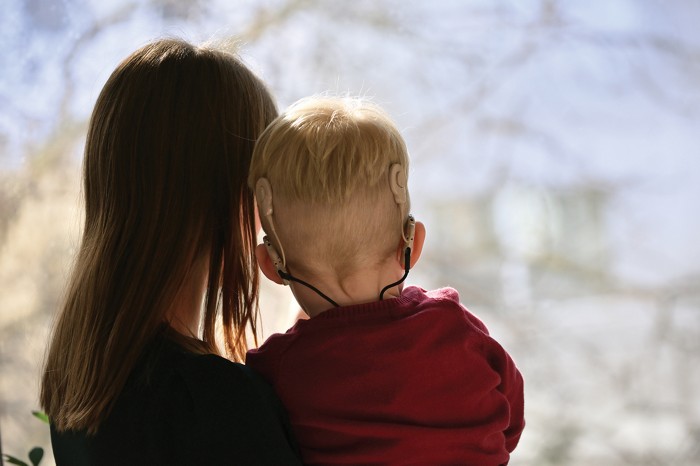Advertisement
Grab your lab coat. Let's get started
Welcome!
Welcome!
Create an account below to get 6 C&EN articles per month, receive newsletters and more - all free.
It seems this is your first time logging in online. Please enter the following information to continue.
As an ACS member you automatically get access to this site. All we need is few more details to create your reading experience.
Not you? Sign in with a different account.
Not you? Sign in with a different account.
ERROR 1
ERROR 1
ERROR 2
ERROR 2
ERROR 2
ERROR 2
ERROR 2
Password and Confirm password must match.
If you have an ACS member number, please enter it here so we can link this account to your membership. (optional)
ERROR 2
ACS values your privacy. By submitting your information, you are gaining access to C&EN and subscribing to our weekly newsletter. We use the information you provide to make your reading experience better, and we will never sell your data to third party members.
Gene Therapy
Lilly to acquire hearing loss company Akouos
The Boston biotech’s lead drug treats a form of congenital hearing loss
by Alla Katsnelson, special to C&EN
October 19, 2022

Eli Lilly and Company is set to acquire Boston-based Akouos, which is developing gene therapies to counter hearing loss, for $487 million. That sum could climb to $610 million if Akouos’s lead product, which treats a genetic form of hearing loss called otoferlin deficiency, achieves certain clinical trial milestones.
For Lilly, the deal helps expand a nascent presence in genetic medicine, which includes a research center being built in Boston. Akouos is one of a handful of companies developing treatments to prevent sensorineural hearing loss, which can be caused by genetic mutations, drugs such as chemotherapies and antibiotics, and other factors.
Akouos’s front-runner product, AK-OTOF, is one of at least three gene therapies being developed to treat otoferlin deficiency, a profound, congenital hearing loss currently treated with cochlear implants. The disorder is caused by mutations in the otoferlin gene that stifle the ability of the ear’s sensory cells, called hair cells, to transmit neural signals.
The US Food and Drug Administration cleared Akouos’s Investigational New Drug (IND) application for AK-OTOF on Sept. 13, and the company inked its deal with Lilly on Oct. 18, just a day after another Boston-based biotech, Decibel Therapeutics, received IND clearance for a gene therapy targeting the same condition.
The strategies being pursued by Akouos and Decibel have some key differences. For example, while Akouos plans to test its treatment in children over age 2, Decibel, which is working in partnership with Regeneron Pharmaceuticals, will also test in a younger cohort of infants.
“In the longer term, I think that could be a key differentiator, being that you really want to treat these patients as young as possible,” says Jack Allen, a senior research analyst who covers the cell and gene therapy space for the investment firm Robert W. Baird & Co.
The involvement of big companies like Lilly and Regeneron is good news for the hearing-loss space, Allen says. “General interest from these larger players for gene therapy for the ear is positive in terms of providing early validation for these approaches.”
CORRECTION:
This story was updated on Oct. 31, 2022, to correct the description of Akouos. It is developing treatments to prevent all sensorineural hearing loss, not just sensorineural hearing loss caused by genetic mutations. And those treatments do not include drugs such as chemotherapy, antibiotics, and other factors. Those are things that can cause sensorineural hearing loss.



Join the conversation
Contact the reporter
Submit a Letter to the Editor for publication
Engage with us on Twitter